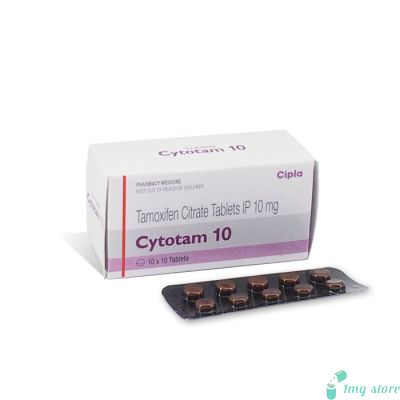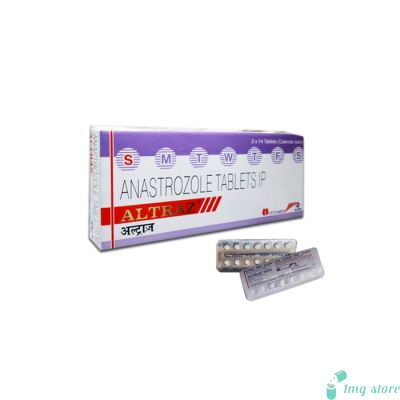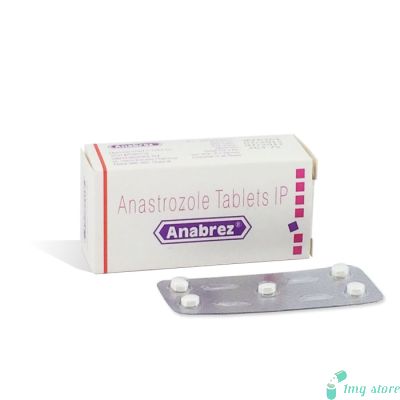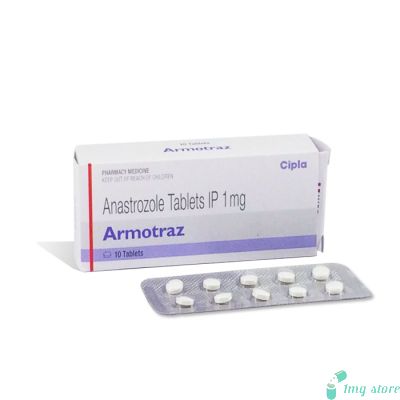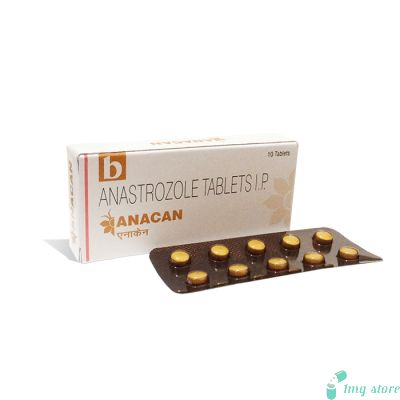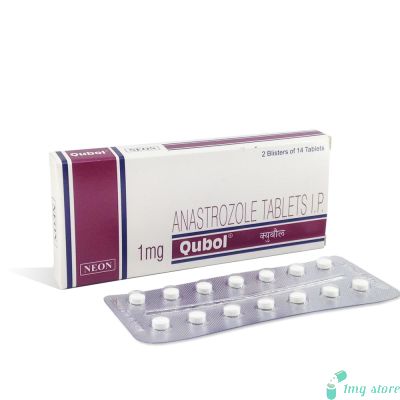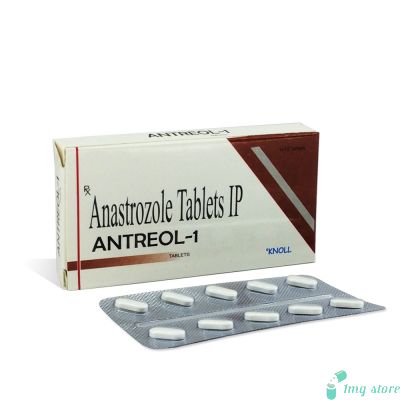Lenalid Capsule (Lenalidomide)
Lenalid Capsule, also known by its generic name Lenalidomide/Revlimid, is a medication that belongs to a class of drugs called immunomodulatory agents. It is primarily used in the treatment of certain types of cancers, such as multiple myeloma and myelodysplastic syndromes (MDS).
Lenalid Capsule (Lenalidomide): Effective For Cancer Treatment
Lenalidomide, marketed under the brand name Revlimid, is a medication commonly used in the treatment of certain types of cancer. It belongs to a class of drugs known as immunomodulatory agents and has shown significant effectiveness in managing various hematologic malignancies. Lenalidomide is available in capsule form and is typically prescribed by healthcare professionals for specific indications. In this article, we will explore the dosage, uses, and effectiveness of Lenalidomide, as well as patient experiences and where to buy this medication.
Lenalidomide Treatment: Lenalidomide exerts its therapeutic effects by modulating the immune system and inhibiting the growth of cancer cells. It works by targeting specific cellular pathways involved in the development and progression of cancer. By altering the microenvironment in which cancer cells grow, Lenalidomide helps to control the proliferation of malignant cells and promotes the destruction of abnormal cells.
Lenalidomide Effectiveness: Clinical studies have demonstrated the significant effectiveness of Lenalidomide in the treatment of multiple myeloma and other hematologic malignancies. It has shown the ability to induce remission, prolong progression-free survival, and improve overall survival rates in patients with these conditions. The combination of Lenalidomide with other medications has further enhanced its effectiveness, providing more comprehensive treatment options for patients.
Lenalidomide Patient Experiences: Patients undergoing Lenalidomide treatment have reported varied experiences. While some individuals have experienced positive outcomes, such as remission and improved quality of life, others may encounter side effects or have a different response to the medication. Common side effects of Lenalidomide include fatigue, nausea, diarrhea, constipation, rash, and low blood cell counts. However, it is important to note that individual experiences may differ, and it is essential to communicate any concerns or side effects to the healthcare provider overseeing the treatment.
Buy Lenalidomide Capsule: Lenalidomide is a prescription medication, and it is crucial to obtain it from a reputable source with a valid prescription from a healthcare professional. Patients can purchase Lenalidomide from online platforms like 1mgstore.com that comply with regulatory requirements. It is important to exercise caution when purchasing medication online and ensure that the source is reputable, as counterfeit or substandard products can pose risks to patient safety.
Dose Information for Lenalid Capsule (Lenalidomide):
The dosage of Lenalidomide may vary depending on the specific condition being treated and individual patient factors. It is crucial to follow the dosage instructions provided by the healthcare provider and adhere to the prescribed regimen. The following information provides a general overview of the dosing guidelines for Lenalidomide; however, it is important to consult with a healthcare professional for precise dosage recommendations.
Multiple Myeloma:
Lenalidomide is often prescribed in combination with other medications for the treatment of multiple myeloma. The typical starting dose for newly diagnosed patients is 25 mg once daily for 21 days, followed by a 7-day break (28-day treatment cycle). This cycle is repeated for the recommended duration of treatment. The dosage and duration may be adjusted by the healthcare provider based on the patient's response and tolerability.
Myelodysplastic Syndromes:
For the treatment of myelodysplastic syndromes (MDS), the recommended starting dose is 10 mg once daily for patients with low- or intermediate-1-risk MDS with a certain genetic abnormality (deletion 5q cytogenetic abnormality). The dosage may be adjusted based on the patient's response and tolerability.
Mantle Cell Lymphoma:
In patients with mantle cell lymphoma (MCL) who have received prior therapy, the starting dose is typically 25 mg once daily for 21 days, followed by a 7-day break (28-day treatment cycle). The duration of treatment may vary depending on the individual patient's response and the healthcare provider's recommendation.
Dosage Adjustments:
Individual patient factors, such as age, renal function, and specific adverse effects, may require dosage adjustments. The healthcare provider will monitor the patient's response to treatment and may modify the dosage accordingly. It is essential to communicate any side effects or concerns regarding the medication to the healthcare provider to ensure appropriate adjustments are made if necessary.
Administration:
Lenalidomide capsules are taken orally with water. They can be taken with or without food. It is important to swallow the capsules whole and not crush or chew them.
It is important to note that the above dosing information provides a general overview and may not apply to every individual. The specific dosage and treatment duration should be determined by the healthcare provider based on the patient's condition, response to treatment, and other relevant factors. Always consult with a healthcare professional for accurate and personalized dose information for Lenalidomide.
Some of the Key Safety Advice for Lenalid Capsule (Lenalidomide)
Pregnancy: Lenalidomide can cause severe birth defects and should not be used during pregnancy. It is essential to use effective contraception during treatment with Lenalidomide and for at least four weeks before starting treatment, during treatment, and for at least four weeks after stopping treatment.
Blood Clotting: Lenalidomide/Revlimid increases the risk of blood clots, including deep vein thrombosis (DVT) and pulmonary embolism (PE). Patients with a history of blood clots or those at increased risk should be closely monitored, and preventive measures may be taken, such as the use of blood-thinning medications.
Hematologic Toxicity: Lenalidomide can suppress bone marrow function, leading to decreased production of blood cells. Regular blood tests should be conducted to monitor blood counts, including white blood cells, red blood cells, and platelets. Dose adjustments or interruptions may be necessary if significant cytopenias develop.
Hepatotoxicity: Lenalidomide can cause liver toxicity. Liver function tests should be performed regularly, and any signs of liver dysfunction, such as jaundice or elevated liver enzymes, should be promptly reported to the healthcare provider.
Tumor Flare Reaction: In some cases, Lenalidomide can cause an initial worsening of symptoms or an increase in tumor size before improvement occurs. This reaction is known as a tumor flare reaction and should be closely monitored by the healthcare provider.
Renal Impairment: Patients with pre-existing renal impairment may require dosage adjustments or close monitoring while taking Lenalidomide. Renal function should be assessed before initiating treatment and regularly during therapy.
Primary Application To Be Notice for Lenalid Capsule (Lenalidomide)
Lenalidomide is primarily used in the treatment of multiple myeloma, cancer that affects plasma cells in the bone marrow. It is often prescribed in combination with other medications, such as dexamethasone, for the management of multiple myeloma. As Anti-Cancer Drug, Additionally, Lenalidomide is used to treat myelodysplastic syndromes (MDS), a group of blood disorders characterized by ineffective production of blood cells. It has also shown efficacy in the treatment of mantle cell lymphoma (MCL) in patients who have received prior therapy.
Common Secondary Effects of Lenalid Capsule (Lenalidomide)
Hematologic Effects: Lenalidomide can cause a decrease in the number of blood cells, including white blood cells, red blood cells, and platelets. This may increase the risk of infections, anemia, and bleeding.
Gastrointestinal Effects: Common gastrointestinal side effects include nausea, vomiting, diarrhea, constipation, and abdominal pain. These symptoms can usually be managed with supportive care and medications.
Fatigue: Fatigue is a common side effect of Lenalidomide treatment. It is important to balance activity and rest and to communicate any persistent fatigue to the healthcare provider.
Skin Reactions: Rash and skin reactions, such as itching and dryness, may occur with Lenalidomide treatment. It is advisable to avoid excessive sun exposure and to use sunscreen and protective clothing.
Peripheral Neuropathy: Lenalidomide can cause peripheral neuropathy, characterized by tingling, numbness, or pain in the hands and feet. Patients experiencing these symptoms should inform their healthcare provider.
Cardiovascular Effects: Lenalidomide may increase the risk of cardiovascular events, such as heart attack and stroke, particularly in patients with pre-existing cardiovascular conditions. Regular monitoring of cardiovascular health is recommended during treatment.
Concerns You May Have While Using Lenalid Capsule (Lenalidomide)
Can Lenalidomide be used as a standalone treatment for multiple myeloma?
Lenalidomide is typically not used as a standalone treatment for multiple myeloma. It is commonly prescribed in combination with other medications, such as dexamethasone, to enhance its effectiveness in managing the disease.
Is Lenalidomide suitable for all patients with multiple myeloma?
Lenalidomide treatment is prescribed based on individual patient factors, including the stage and characteristics of the disease. It may not be suitable for all patients, and the decision to use Lenalidomide is made by the healthcare provider after assessing the specific patient's condition.
Can Lenalidomide be used in patients with pre-existing liver disease?
Lenalidomide can cause hepatotoxicity; therefore, patients with pre-existing liver disease should be closely monitored and the use of Lenalidomide should be determined on a case-by-case basis. Liver function tests should be conducted regularly during treatment.
Are there any specific dietary restrictions while taking Lenalidomide?
There are no specific dietary restrictions associated with Lenalidomide. However, it is important to maintain a balanced diet and stay well-hydrated during treatment to support overall health and manage potential gastrointestinal side effects.
Can Lenalidomide interact with herbal supplements or over-the-counter medications?
Lenalidomide has the potential to interact with herbal supplements and over-the-counter medications. It is important to inform the healthcare provider about all medications, including herbal supplements and over-the-counter drugs, being taken concurrently to ensure there are no potential interactions that may affect the safety or effectiveness of Lenalidomide treatment.
Some Common Drug Connections with Lenalid Capsule (Lenalidomide)
Warfarin: Lenalidomide may enhance the anticoagulant effects of warfarin, increasing the risk of bleeding. Close monitoring of blood clotting parameters is necessary when these drugs are used concomitantly.
Strong CYP3A4 Inducers/Inhibitors: Drugs that induce or inhibit the CYP3A4 enzyme system can affect the metabolism and efficacy of Lenalidomide. The dose of Lenalidomide may need to be adjusted when used with these drugs.
Digoxin: Lenalidomide/Revlimid may increase the serum concentration of digoxin, leading to potential toxicity. Regular monitoring of digoxin levels and appropriate dose adjustments are recommended when these medications are used together.
Vaccines: Live vaccines should be avoided while receiving Lenalidomide due to the potential for decreased immune response. Inactivated vaccines may be less effective during treatment. It is advisable to consult with the healthcare provider regarding appropriate vaccination schedules.
| Manufacturer | : | Natco Pharma, India |
| Equivalent Brand | : | Revlimid |
| Generic Search | : | Lenalidomide |










